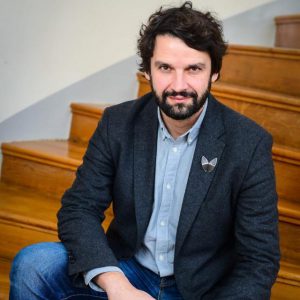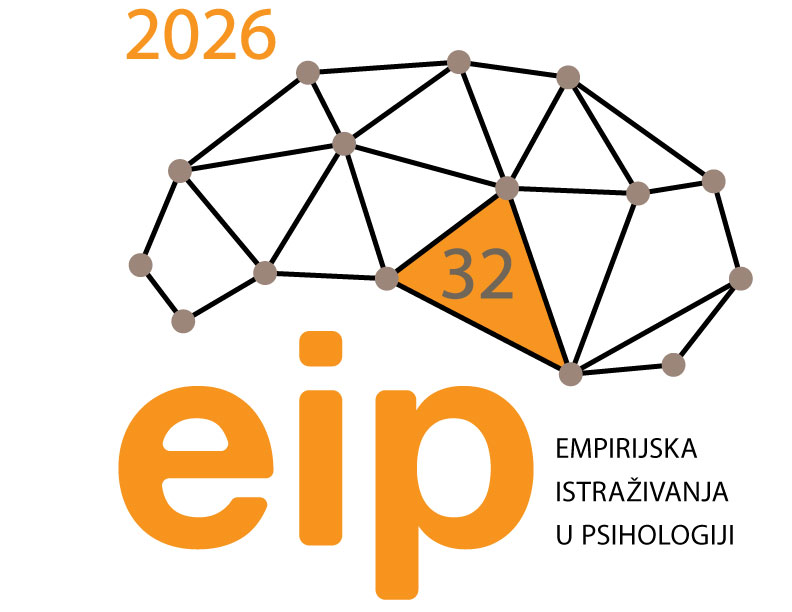The Effects of the Covid-19 Pandemic on Children and Youth – a Developmental Perspective on Aspirations, Optimism, Resilience and Vulnerability
The COVID-19 pandemic represents the greatest global disruption in recent history, affecting education and the personal and social development of over 1.6 billion pupils at various educational levels worldwide. In response to this disruption, most educational systems introduced some form of remote teaching and learning in an aim to ensure the continuation of the educational process. The negative effects of the pandemic on educational processes were manifested in significant learning gaps and disruptions in pupils educational and career aspirations. Furthermore, the pandemic intensified already present inequalities between and within education systems. In this lecture, the results from two large-scale research efforts in Croatia will be presented. The first one considers developmental changes in pupils’ perspectives on optimism, trust and self-efficacy, and the second one the ways the pandemic and related educational changes affected pupils’ life satisfaction, learning, resilience and vulnerability. Special emphasis in the lecture will be given to the effects of the pandemic on pupils with special needs, gifted pupils and those coming from lower socio-economic backgrounds.
 |
Dr. Boris Jokić graduated in psychology at the Department of Psychology, Faculty of Humanities and Social Sciences, University of Zagreb, and obtained master’s and doctor’s degrees in educational sciences at the University of Cambridge, UK. Since 2002, he has been working at the Center for Research and Development of Education, Institute for Social Research in Zagreb, currently in the status of Senior Research Associate and Director. He was a member of the National Council for Education, the National operational body for developing the Strategy for Education, Science and Technology, and the leader of the Comprehensive Curricular Reform of Early and Preschool, Primary and Secondary Education. |
